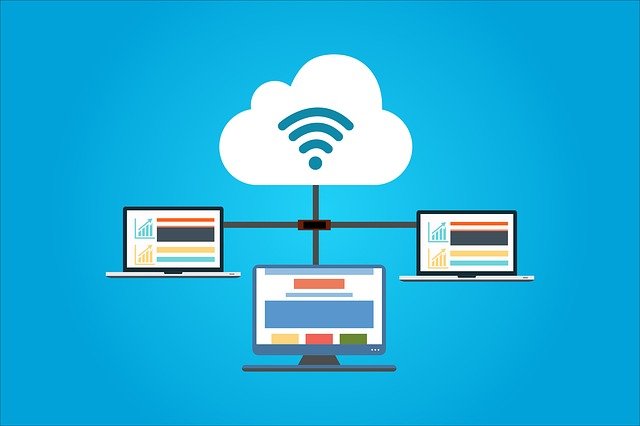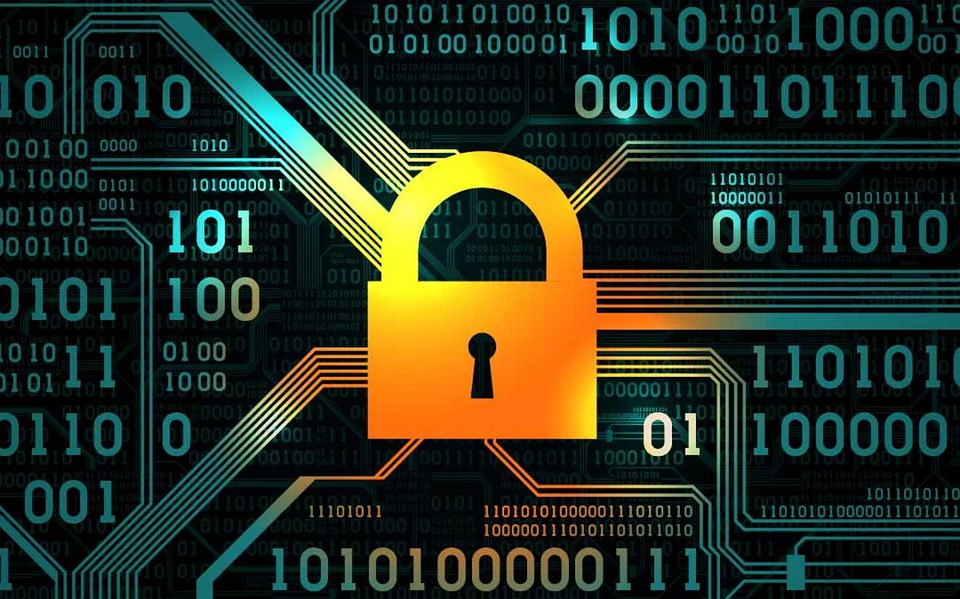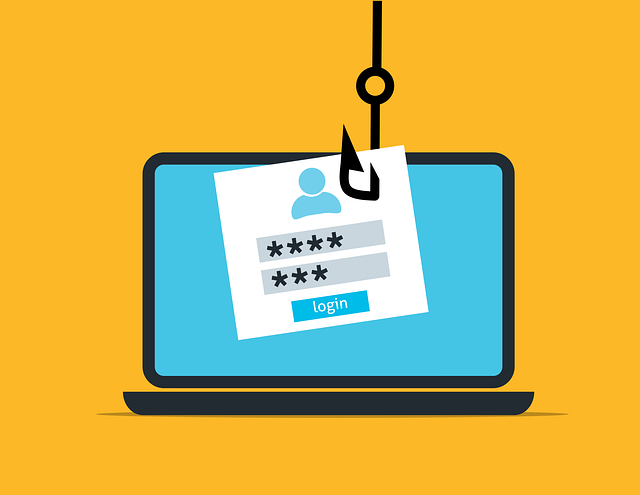
by admin | Apr 4, 2024 | News
V-Office: Revolutionizing Telework with Virtual Reality At HodeiCloud SL, we are constantly immersed in innovation to transform the digital work landscape for SMEs in Spain. Today, we are excited to share with you a revolution in telework: V-Office, our latest creation that merges Virtual Reality (VR) and Augmented Reality (AR) to open new dimensions of collaboration and efficiency. 🌟 Innovation at the Service of SMEs V-Office is not just a platform; it is an immersive workspace designed to overcome the challenges of traditional telework. With V-Office, we transform virtual spaces into customizable offices, enabling real-time collaborations and thus, transcending physical barriers. Imagine having meetings in virtual rooms where you can interact with 3D projects or documents as if you were right there, alongside your colleagues. 💡 Impact and Benefits of the Project The impact of V-Office on productivity and collaboration is simply transformative. Our clients are already experiencing a significant improvement in team communication, process efficiency, and reduction of downtimes. We are witnessing how V-Office facilitates a new era of remote work, more human and connected. 🌍 Commitment to Innovation and Sustainability V-Office reflects our commitment not only to cutting-edge technology but also to environmental sustainability. By facilitating more effective telework, we help reduce commutes, positively impacting the reduction of the carbon footprint. V-Office is innovation with consciousness. 🔮 A Promising Future Looking forward, V-Office is just the beginning. We envision a future where the limitations of distance and space vanish, and teamwork is enhanced through technology, opening infinite possibilities for creativity and innovation. Join the Digital Workspace Revolution! At HodeiCloud SL, we are proud of the path we...

by admin | Apr 3, 2024 | News
At HodeiCloud SL, we have always believed in the potential to grow and expand our horizons beyond our borders. With that goal in mind, we embarked on an adventure to bring our innovativesolutions in technology and digital marketing to new international markets. Today, we are thrilled to share news that marks a significant milestone in our journey: the recognition and support of the Provincial Council of Bizkaia through the Internationalization Program 2023. Internationalization has always been a fundamental pillar in our growth strategy. The path to global expansion comes with its challenges, from understanding foreign markets to adapting our offerings to diverse local needs. However, with the support received, we feel more prepared and confident to face these challenges and seize the opportunities presented in the global scene.This project has been financed by the Provincial Council of Bizkaia within the Internationalization Program 2023, an initiative that supports forward-looking companies like ours, to increase their presence in international markets. This support not only reflects confidence in our project and in the potential of HodeiCloud SL but also highlights the importance of public-private collaboration in fostering competitiveness and business innovation. With this boost, we focus on two key markets: Chile and Japan. These countries represent significant opportunities due to their growing demand for cloud services and digitalization, especially in emerging sectors. The grant will allow us to carry out essential activities for our expansion, including market research, development of entry strategies, and adaptation of our solutions to localneeds. We want to express our sincerest gratitude to the Provincial Council of Bizkaia for their support in our internationalization project. This recognition not...

by admin | Oct 25, 2021 | News
Ransomware is a serious threat to businesses, and it’s getting worse. While individuals were struggling against such attacks, fraudsters went a step further and started offering ransomware-as-a-service (RaaS). Through this business model, cybercriminals offer a malicious kit that can be used to perform ransomware attack services at little or no cost. Ransomware is becoming a major concern worldwide, with 54% of organizations surveyed being attacked in 2017 and another 31% expected to be attacked in the future. In 2021, these attacks increased dramatically. What is ransomware as a service (RaaS) and why is it such a big threat? Ransomware is a type of malware that encrypts files and locks them, making decryption nearly impossible without a key or by exploiting vulnerabilities in the encryption implementation. Ransomware as a service (RaaS) is a subscription-based model that allows affiliates to run them using pre-developed ransomware tools. Each successful ransomware payment earns affiliates a commission. RaaS allows anyone, even if they have no technical expertise, to launch attacks by simply subscribing to a service. They are readily available on the dark web, where they are advertised in the same way as legal products. Since RaaS users do not need to have any knowledge, or even experience, to use the tool effectively, RaaS solutions allow even the most inexperienced hackers to carry out very intricate cyberattacks. Not only is ransomware cheap to buy and download, it is also simple to spread, making any organization a target in today’s digital world. Ransomware is becoming increasingly expensive to pay, which means that this type of attack is becoming more and more profitable for attackers....

by admin | Oct 21, 2021 | News
Due to the progress in communications and digital solutions, server virtualization is becoming a very beneficial resource. Server virtualization is a way to take advantage of the full potential of a computer installed on the premises, or to transfer it to another location without suffering any inconvenience. Generally, most existing servers are underutilized, with about 15 percent of their performance potential untapped. Let’s take a look at some of the benefits of virtualizing a company’s servers: Cost reduction. Savings is one of the strengths of server virtualization. By taking full advantage of them, it is not necessary to invest in new equipment or keep unused equipment on. Energy consumption is therefore reduced. In addition, fewer servers mean savings in maintenance, both in time and money. Also, when we decide to virtualize, the hardware reduction is 22% and, more importantly, the annual cost savings can be up to 23%, depending on the configuration. Improved security A virtual server can be easily scheduled for regular backups and stored remotely. In case of failure, recovery is much faster and more accessible. Possibility to create a test environment Since a server space can be segmented to operate independently, it gives us the opportunity to develop a test environment. This environment can be developed without the need to deploy an external server and without the danger of a failure affecting the other servers. For example, applications can be installed and all the necessary processes can be executed before they are moved to the working environment. This minimizes errors and the time it would take to fix them if they were done...

by admin | Oct 19, 2021 | News
SMEs, as they have more limited budgets, have to choose carefully the technological solutions they want to invest in: ERP solutions, CRM systems, financial tools, etc. Today, cybersecurity solutions have also become essential for SMEs, as a simple attack can jeopardize their business, with irrecoverable financial consequences. HodeiCloud, a leading provider of cloud-based IT, security and compliance solutions, offers a few tips for SMEs to protect their data in the same way as large companies, but with a budget to match. Never minimize your value Many times SMBs think that they are not targets for hackers and that they can be immune to cyberattacks. In reality, these SMEs can become as good a target as any other, and even a relatively easy entry point for a cyberattack aimed at compromising a larger company they are doing business with. Since most large companies have sophisticated security defenses, hackers have begun to identify and attack their weakest points. Prepare your employees Hackers prey on employees the most. Therefore, it is very important to inform employees about security policies such as password management and cybersecurity, educating them on how to recognize cyberattacks and avoid falling into cyber traps such as phishing and social engineering. An ongoing training program is needed to raise employee awareness of new and emerging cybersecurity risks and ensure discipline in protecting company data. Use affordable technologies. Today, there is more exposure to IT security risks, but there are also affordable new technologies that SMEs can adopt to secure their IT environments and protect their data. The cloud, for example, offers SMBs the opportunity to increase their IT and...

by admin | Sep 29, 2021 | News
Passwords and e-mail addresses of at least 134,004 users were exposed by a cybersecurity failure that Hospital Quirón suffered in its web page. Through this page, it markets its online medical services, coronavirus tests, genetic analysis, medical check-ups and cosmetic surgery services. Fortunately, the company has fixed the problem and there is no evidence that any data has been stolen. This type of failure allows third parties to access user data, which does not necessarily mean that information is being stolen. The security flaw allowed SQL Injection attacks. SQL stands for Structured Query Language, a programming language designed to access information stored in databases. To steal information by accessing databases, malicious code is injected into computer programs via SQL. If the attacked program has not been built with security guarantees or the operating system has not been properly updated, there is a high probability that the attack will succeed. In the case of Quirón, the flaw was discovered by cybersecurity expert and bug hunter Touseef Gul. Currently, it has been communicated from Quirón that it is “a minor problem that has already been fixed“. The cybersecurity flaw was reported in May and was fixed shortly thereafter. The SQL attack explained: A SQL Injection attack consists of obtaining private information from a DDBB that should normally only be available to privileged users (e.g., DDBB Administrators). This information can be used to gain privileged access to applications or to steal confidential information. These attacks usually occur by exploiting a vulnerability in a public application (e.g. web form) which, in turn, has access to the DDBB. The vulnerabilities can come from an...









Recent Comments